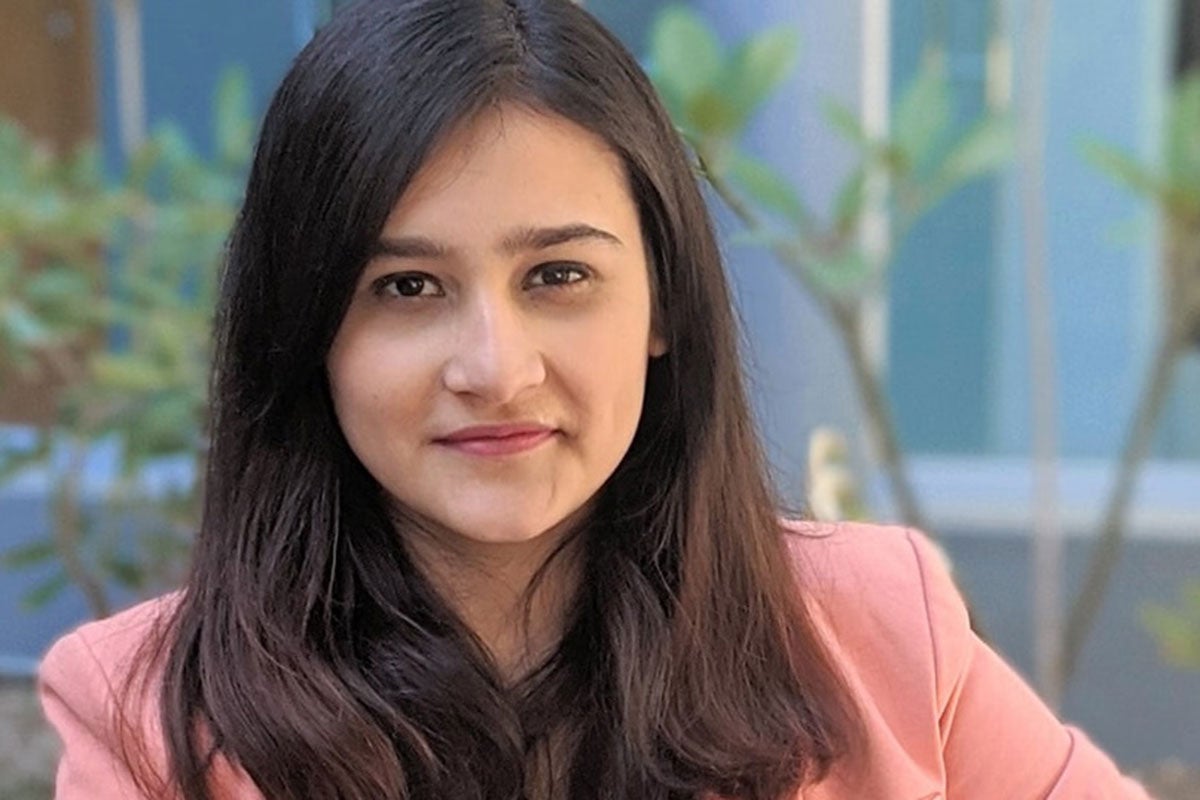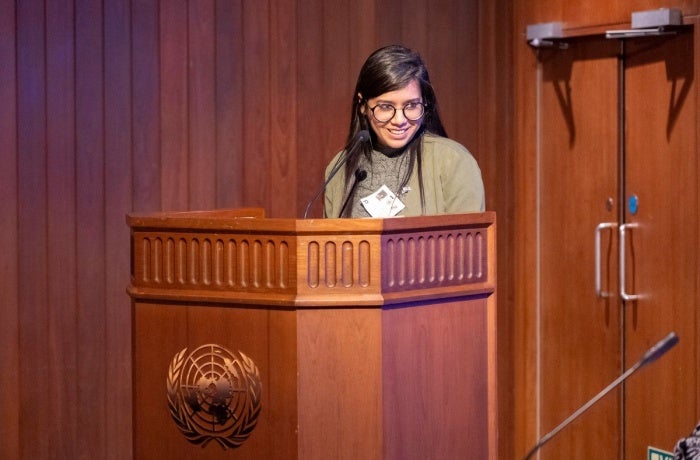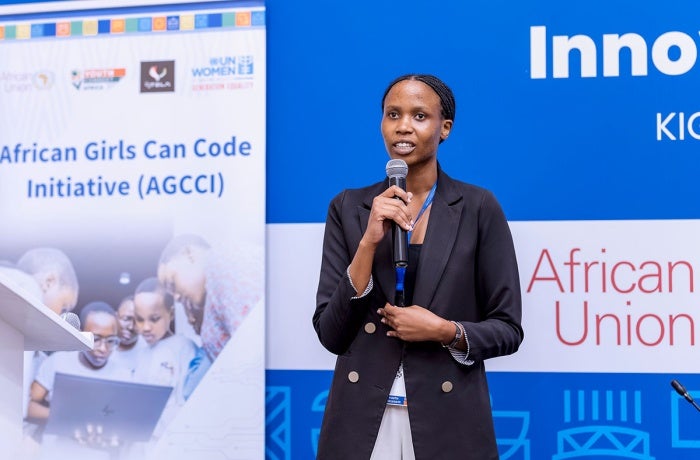Expanding FemTech to advance sexual and reproductive health and rights
Ayesha Amin is a tech and gender activist and social entrepreneur from Pakistan. She is the founder of the youth- and women-led organization Baithak—Challenging Taboos, a Generation Equality Commitment Maker working to expand access to information on sexual and reproductive health and rights. Having experienced first-hand the discriminatory structure of the tech world, Ayesha highlights the urgency of involving young people—and young women in particular—in the decision-making processes that will impact their future: "There is no alternative," she believes.

Off limits
The taboo around sexual and reproductive health and rights has historically kept many women in the dark about their own bodies. This effectively deprives them of bodily autonomy: “When women don't have access to information,” Ayesha says, “they are not able to make informed decisions about their bodies.” On top of the stigma, mobility restrictions and lack of resources prevent many from accessing crucial health services.
FemTech—a term for tech designed to support women’s health—can help break down existing barriers to information and care. And yet it tends to exclude those who most need it: “Most of the FemTech applications that exist right now benefit women who are from socially and economically privileged groups,” Ayesha explains. For women from rural communities, women who aren’t digitally literate or those without sufficient income to pay for subscription-based apps, even these alternative forms of healthcare remain out of reach.
As we fight to close the gender gap in digital access, “we are leaving women and girls in marginalized communities far, far back,” Ayesha emphasizes. This “gap within the gap” means marginalized women are excluded even from tech touted as accessible. “There's a huge need for investments in solutions that can localize technology and that can make tech models inclusive for girls and women who are in these marginalized communities,” she says.
Tech Support
Enter Baithak’s latest project, Gul, an AI-powered voice assistant that will use WhatsApp to help educate young people on reproductive health issues in local languages. The team gave their voice assistant a common gender-neutral name, with the idea that people “can a have a friend in terms of this voice assistant who they can ask for this information,” says Ayesha.
Gul is part of Baithak’s push to expand its impact through technology. The organization began with in-person sessions held in communities across the region: “The idea was to create safe spaces for women to come together and discuss and learn about issues related to their sexual and reproductive health,” Ayesha explains. But there were many communities they still could not reach.
“We knew that our access was very limited,” she says. “We could not be everywhere. So we wanted to build a system through which women and girls in marginalized communities could get access to quality information very privately.”
The need for virtual resources was underscored by the onset of the COVID-19 pandemic. “Women in the various communities start reaching out to us very actively on Whatsapp because we were not able to go there physically,” Ayesha says. The project’s urgency was further emphasized last year, during the floods that devastated large parts of Pakistan.
These kinds of crises aren’t going away. But tech-based solutions can help mitigate the worst of their fallout. “Going forward, the idea is to use this voice assistant for women in climate emergencies,” says Ayesha, “where access to quality information and the ability to make informed decisions around reproductive health become very difficult.”
Take up space
The tech space, Ayesha says, is dominated by men. But women activists can’t let this dissuade them: “In the beginning, it might look like you are a misfit.” But, she says, “this is the exact reason why you need to be there.”
She continues to believe in a better future for tech. “There’s a lot of potential for these spaces to become more inclusive—to become safer for all genders, not only for women. There is the potential for these spaces to have a lot more empathy.”









